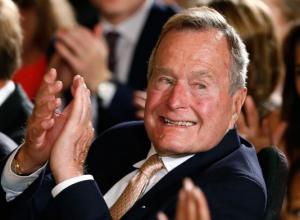Is the Chinese Government concerned about the environment

A documentary on air pollution that was produced by CCTV reporter without any official support went viral in China, registering more than 200 million views before it was blocked by the government censors.
Now it has been found that all the references to the film have also been removed from the major Chinese websites.
It has been found that the National People’s Congress, President Xi Jinping during the annual meeting of the country’s parliament said that the violators who destroy the environment should be strictly punished.
Premier Li Keqiang opened the two week-long meeting by calling pollution as blight on people’s quality of life, and promised significant cuts in emissions.
Keqiang on Sunday during end of the meeting said, “He would not end his government’s war on pollution” until it reached its goal, and a pledge that the law would work as a powerful, effective tool to control pollution — and would not be as soft as cotton swab”.
As the several factories, trucks and oil companies continue to break environmental regulations, nation’s police had set up some different targets in their sights.
On March 6, an activist in the southern city of Guangzhou, who posted on social media about a planned gathering of mothers who were concerned about ill effects of smog, was arrested and put in detention for 14 days.
Another two people were held overnight in Xi’an for promoting placards aiming to blame the government for the smog.
Now the question which arises is whether the government is taking these issues seriously? And if it is then, what is wrong with a little public support and pressure?
The Communist Party, while obsessed with control and distrustful of public participation, recognizes that this is a huge touchstone issue for the urban middle class.
It has been found that China burns more coal than rest of the world combined. But last year’s data showed that coal consumption of the nation fell by nearly 2.9%.


